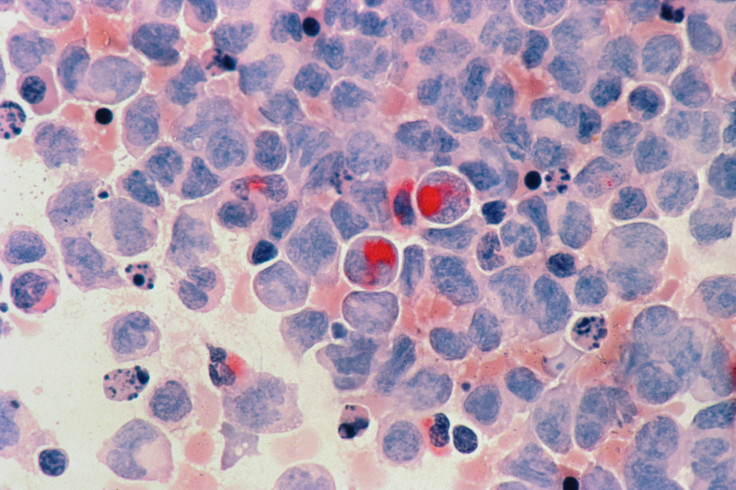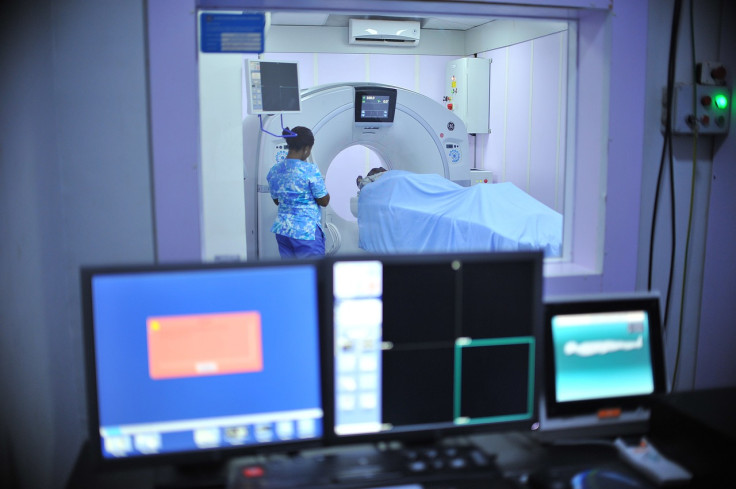David Cameron Prostate Cancer Diagnosis Amid Screening Trial: Signs, Causes, Treatment and Mortality Rate

KEY POINTS
- David Cameron says a PSA test 'saved' him after his wife pushed him to get checked.
- The UK has launched a £42 million trial to determine the best screening model.
- Prostate cancer now overtakes breast cancer as the most common cancer in the UK.
Former UK Prime Minister David Cameron has revealed he was treated for prostate cancer, describing his experience as a warning to men who put off essential health checks. The 59-year-old told The Times that his wife insisted he undergo testing after hearing a BBC interview with entrepreneur Nick Jones, who advocated for earlier detection following his own diagnosis.
About Lord Cameron's Diagnosis and Treatment
Cameron underwent a prostate-specific antigen (PSA) test, followed by an MRI scan and biopsy. His PSA levels were found to be unusually high, and he later received focal therapy, a targeted treatment that destroys tumour cells using ultrasound waves or similar techniques.
He admitted he does not enjoy speaking publicly about personal health matters, but felt an obligation to do so.
'Let's be honest. Men are not very good at talking about their health. We tend to put things off,' he said. 'I had a scan. It helped me discover something that was wrong. It gave me the chance to deal with it.'
Prostate cancer is the most common cancer in men in the UK, with over 55,000 new cases each year. Despite its prevalence, there remains no national screening programme, largely due to concerns about the reliability of PSA testing alone.

READ MORE: 'You Always Dread Hearing Those Words': Former PM David Cameron Announce Prostate Cancer Diagnosis
READ MORE: Can AI Help Prostate Cancer Patients? Oxford Study Attempt to Determine Its Benefits
Signs, Symptoms and Risk Factors
According to Prostate Cancer UK, most men with early prostate cancer have no symptoms, which is why early testing can be lifesaving. When symptoms do appear, they may include:
- Difficulty urinating or a weak urine flow
- Needing to urinate more frequently, especially at night
- Blood in urine or semen
- Hip, back, or pelvic pain if cancer has spread
Risk increases with age (particularly over 50), family history, and ethnicity, particularly among Black men.
Survival Rates and Treatment Options
Data from Cancer Research UK shows that almost 100% of men diagnosed at stages 1 or 2 survive at least five years, while around 50% survive at stage 4, when cancer has spread beyond the prostate. Treatments range from active monitoring to surgery, hormone therapy, chemotherapy, radiotherapy, and focal therapies such as the one Cameron received.
Major New Screening Trial Could Change UK Policy
Cameron's disclosure coincides with the launch of Transform, the largest prostate cancer screening trial in decades. Funded by Prostate Cancer UK and the National Institute for Health and Care Research, the £42 million trial will recruit men aged 50 to 74, with eligibility lowered to 45 for Black men, who are twice as likely to develop and die from prostate cancer compared with white men.
The study will examine whether rapid MRI scans, when used alongside PSA blood tests, can improve diagnosis accuracy. The trial will also use saliva-based DNA tests to determine whether they can replace PSA assessments as a more reliable screening method.

Experts stress that early detection remains the most decisive factor in survival outcomes — something Cameron says he 'would feel bad' not speaking about now.
© Copyright IBTimes 2025. All rights reserved.





















